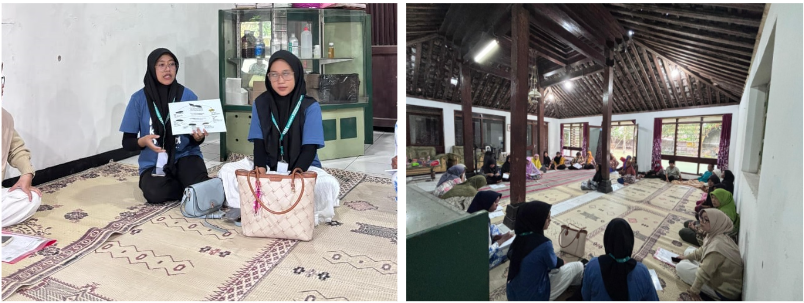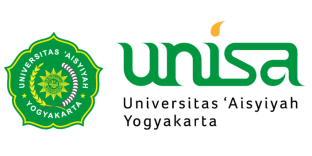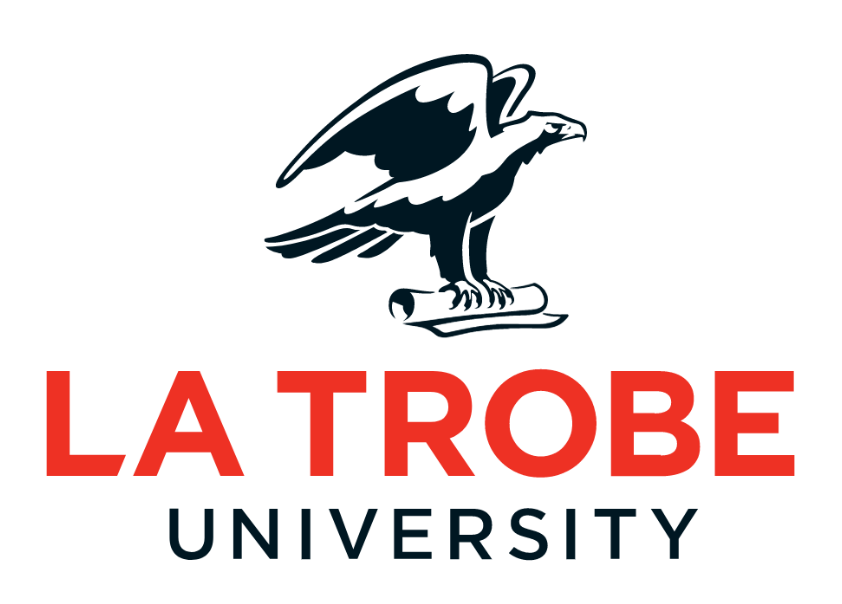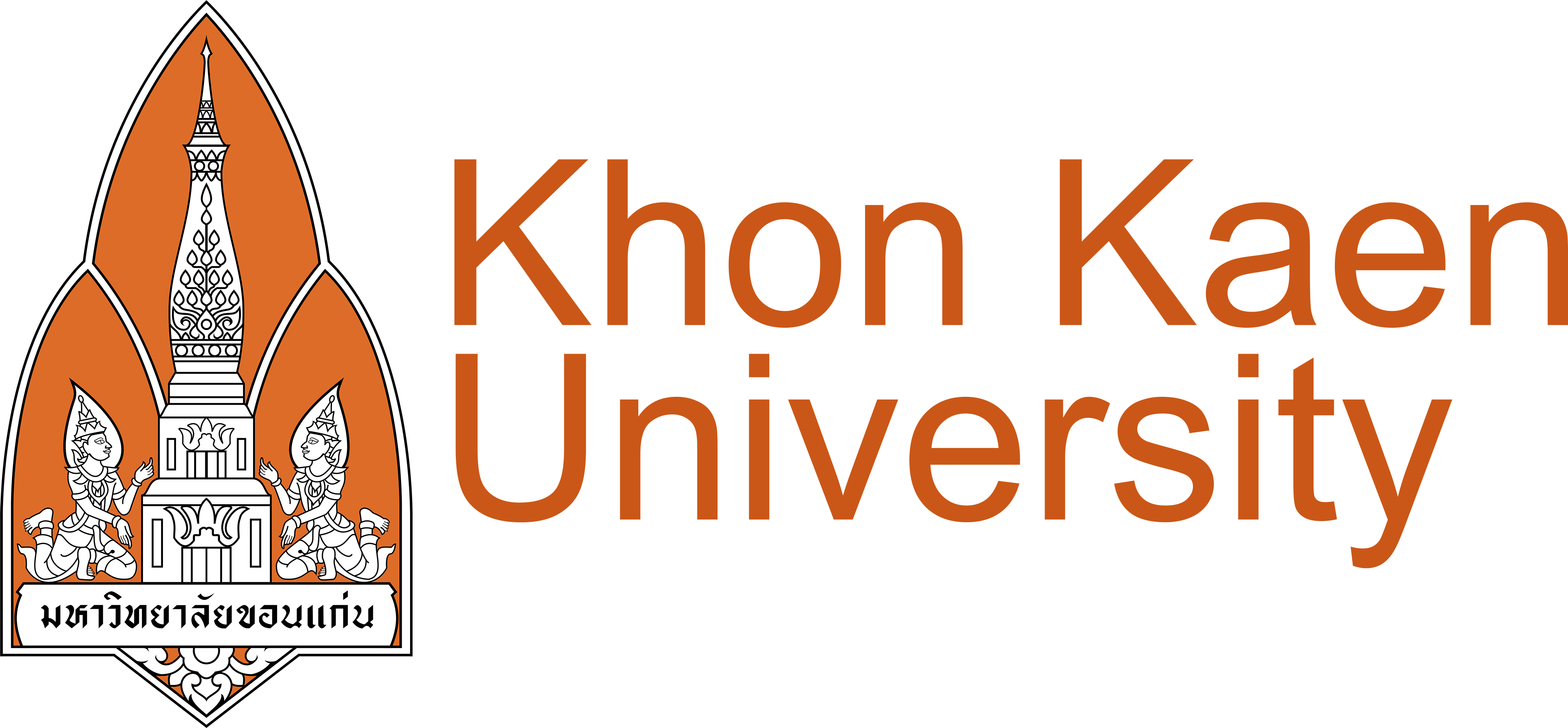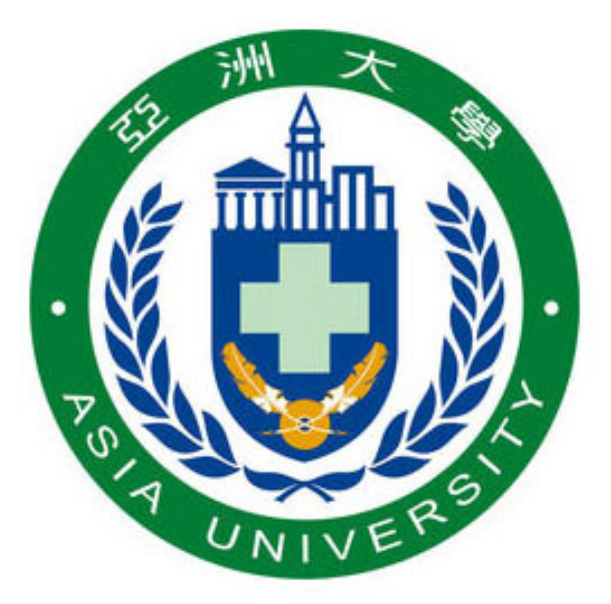From Waste to Solution: Collaboration between Unisa Yogyakarta Community Service Program and Maggot Farming Residents
Students from the Community Service Program (KKN) Group 67, Universitas ‘Aisyiyah (Unisa) Yogyakarta, for the period of August-September 2025, are running a community empowerment program through maggot cultivation as part of efforts to manage organic waste and provide alternative feed for livestock. This program is being implemented in Padukuhan Nyamplung Lor, Balecatur Village, Gamping District, Sleman Regency, Special Region of Yogyakarta, involving local residents and Karang Taruna as implementing partners.
The background of this program is two main problems faced by the community, namely the volume of household waste that is not properly managed and the increasing cost of livestock feed. Maggots, or larvae of the Black Soldier Fly (BSF), were chosen as a solution because of their ability to efficiently decompose organic waste while producing biomass that is high in nutritional value for livestock.
The approach used is participatory. KKN students facilitate technical training for residents and Karang Taruna, ranging from the waste sorting process, media preparation, to maggot cultivation and harvesting techniques. In addition to hands-on practice, students also provide simple modules as self-study materials. “At first, we didn’t know that kitchen waste could be used like this. Now we can process it into something useful,” said Nadia, Chairperson of the Nyamplung Lor Youth Organization, on Thursday (August 21, 2025).
The head of the Unisa Yogyakarta Community Service Program (KKN) group, Hamdika, expressed his gratitude to the residents and youth organization of Padukuhan Nyamplung Lor, who were willing to provide manpower and equipment support to the KKN group from the beginning to the end of the program. “Without this assistance, our work program would not have run smoothly. This work program is one of the follow-ups to the mandate of the Balecatur Village Head that the issue of waste management in DIY is also a priority program in the Balecatur village,” said Hamdika.
The enthusiasm of the residents, especially the youth organization, made this program develop faster than expected. They not only learned how to cultivate maggots, but also began to think about selling dried maggots as an economic product. During casual discussions at the neighborhood watch post, new ideas emerged, ranging from product packaging and local branding to marketing through social media.
With the continued support of residents and Karang Taruna, this maggot cultivation program is expected to continue even after the KKN period ends. In addition to providing a solution to the waste management problem, this activity opens up new economic opportunities for the local community through the sale of fresh and dried maggots.
It is hoped that the maggot cultivation program carried out by KKN group-67 students, led by Hamdika and supervised by lecturer Bdn. Nurul Kurniati, S. ST., M. Keb, in the Nyamplung Lor hamlet, Balecatur village, can become one of the student activities in the effort to realize Aisyiyah University Yogyakarta as one of the campuses that supports the government’s program, namely the Impactful Campus initiative from the Ministry of Higher Education, Science, and Technology, aimed at encouraging higher education institutions not only to produce quality graduates but also to become agents of social, economic, and environmental change, emphasizing that student learning can be conducted through real-world collaborative projects in the community involving both students and faculty members.
